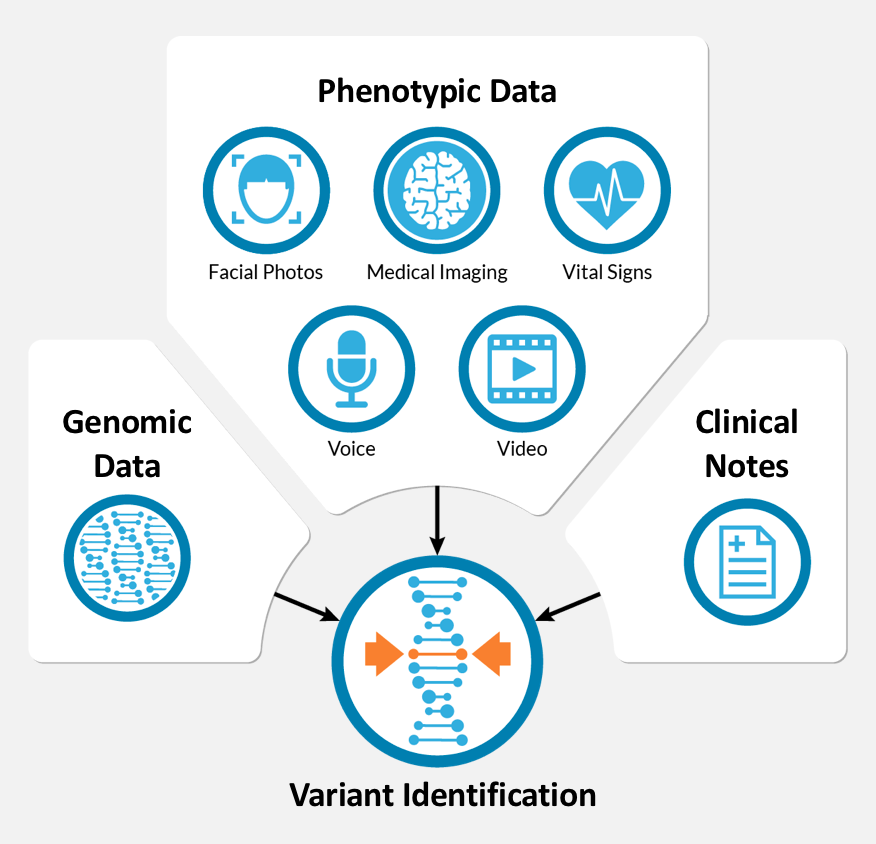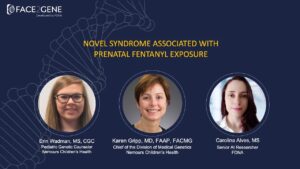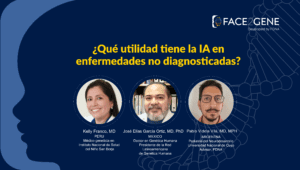In its 44 year history, Greenwood Genetic Center (GGC) has seen over 80,000 patient cases. That’s a lot of data. And hiding in the mountains of information are insights sometimes invisible to the human eye, insights that artificial intelligence like the Face2Gene technologies can tease out from obscurity.
At the Microsoft booth at HiMSS, Anthony Antonuccio, the VP of Product, presented Precision Medicine Through Next-Generation Phenotyping—A Customer’s Journey about how FDNA helped GGC work through three phases to condense past and present cases and EMRs, centralize and secure genomic data, and streamline collaboration.

Spread across five disparate clinical sites, GGC had physical and digital records without a unified genetic or phenotypic taxonomy or ontology. The dispersed data storage systems and Electronic Health Records made it difficult to share information. Working with FDNA, GGC made use of the private Face2Gene cloud to host and analyze patient data in a secure and value-added way.
The next step was to address data access and security. The varied storage system limited interoperability and limited collaboration efforts. Through integration with Face2Gene LABS, GGC connected patient phenotypes and genotypes for seamless molecular interpretation. This also makes it possible for GGC researchers to create clinical cohorts across sites and time to support discovery.

To improve the collaborative discovery process, GGC put out a request for proposal for a Genomics Cloud Partner to help with genomic data storage, analysis, and control. In combination with FDNA, GGC plans to integrate additional biometric data and use next-generation phenotyping–integrating phenotypic data into the analysis of human genetics, including the capture, structuring, and interpretation of complex clinical information–for all patient cases.

These efforts are all part of a long-term goal to provide precision medicine for every patient.
The partnership between Greenwood Genetics Center and FDNA underscores the pivotal role of collaboration in advancing precision medicine. Together, they are paving the way for more accurate genetic diagnostics and improved patient care.



